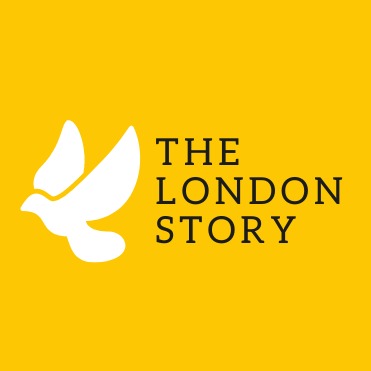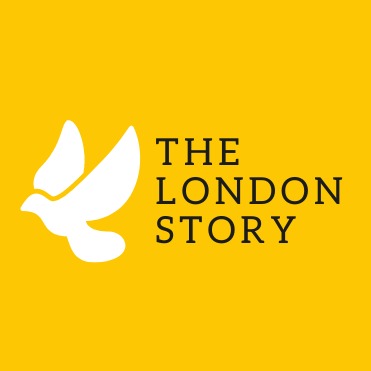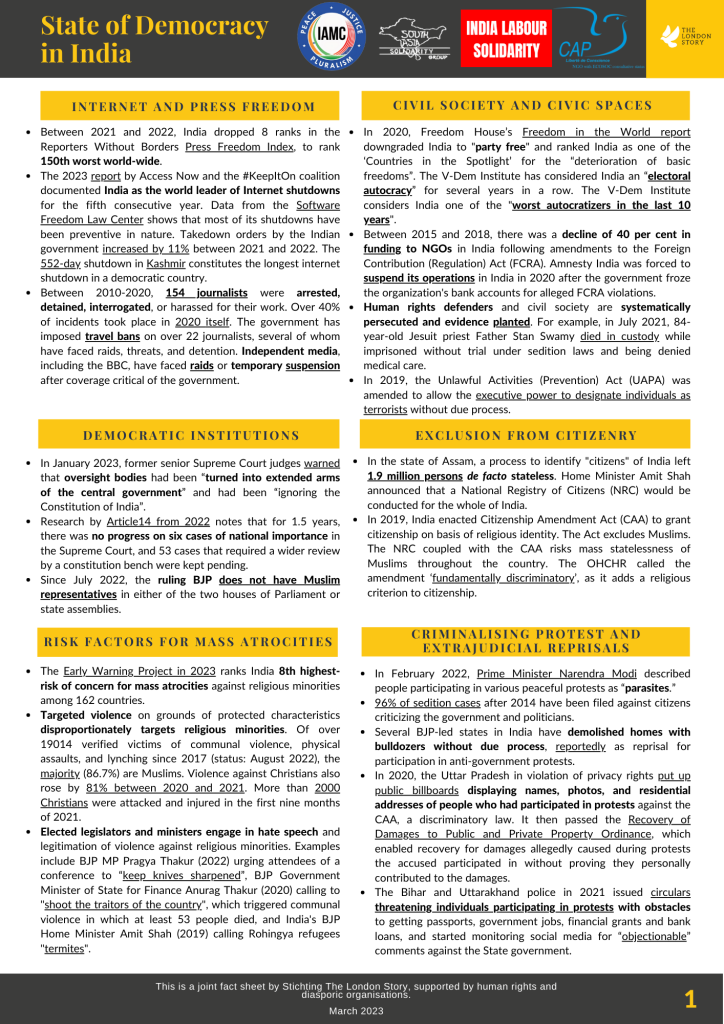March 28, 2023
To the attention of participants of the 2nd edition of Summit for Democracy
The upcoming 2nd edition of the Summit for Democracy (28th-30th March 2023) jointly hosted at the initiative of US President Joe Biden by the United States, Costa Rica, the Netherlands, Republic of Korea, and Republic of Zambia provides an invaluable opportunity for States to work collectively towards the preservation and strengthening of democracies around the world. India, which is often hailed as the ‘world’s largest democracy’ has not pledged any concrete policy initiatives to safeguard civil and political rights that form the backbone of democracy during the first edition of the Summit in 2021, and there are no indications that it will during the upcoming session later this month. Therefore, we the undersigned call on participating states to call on India to make pledges towards ensuring constitutionally guaranteed democratic freedoms during the upcoming Summit this March.
India‘s constitution enshrines democracy, and this constitutionally guaranteed democracy is integral to the Indian ethos and history. Indeed, Prime Minister Modi at last year’s Summit for Democracy praised India’s rich tradition of democracy as one that “can deliver, has delivered and will continue to deliver”. During his address, he referred to the core tenets of democracy in India including the practice of multiparty elections, the existence of an independent judiciary and a free media, added to the participation of citizens to guarantee the spirit of democracy. Additionally, he offered India’s expertise “on the conduct of free and fair elections” and “enhancing transparency in governance through digital technologies”.
Yet, evidence shows reality diverging from these lofty claims. Two years after his address, the state of democracy in India, and the protection of these constitutionally guaranteed democratic freedoms for all, shows drastic deterioration.



